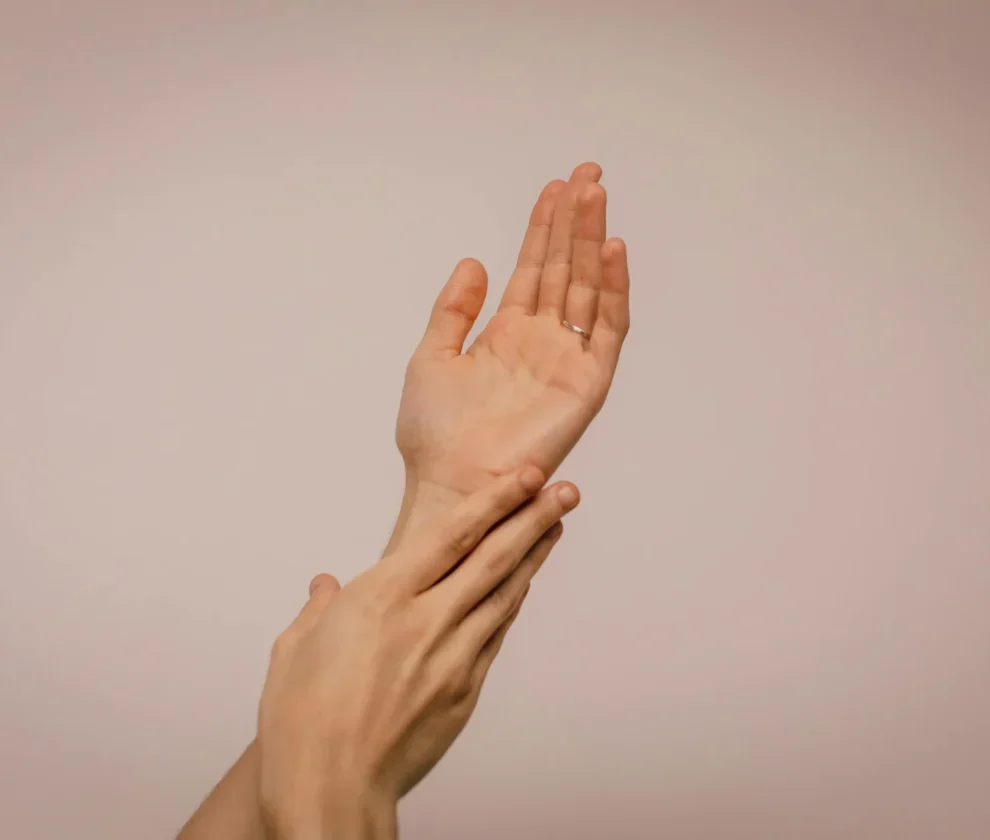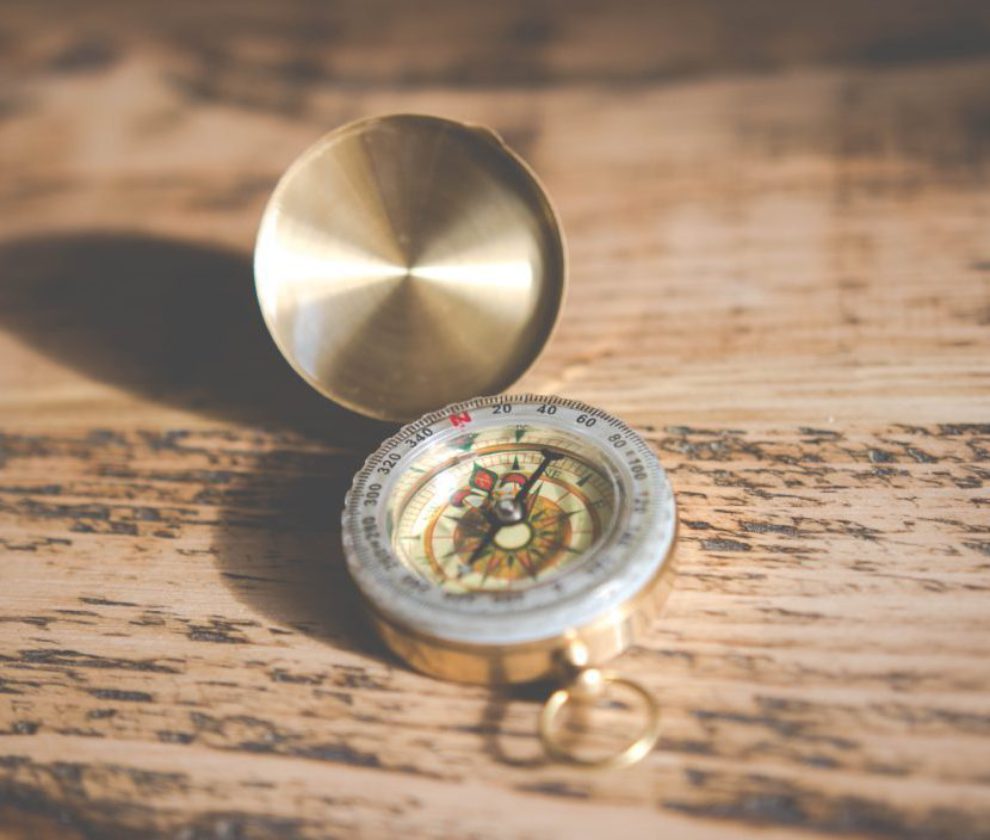Couples counselling can be a beneficial experience for those struggling in their relationship. However, it can also be a bit daunting if you’re not sure of what to expect. This article will provide you with everything you need to know about preparing for your first couples counselling session. We’ll discuss what to do before the session, what to bring with you, and how the session itself will likely play out. If you’re feeling nervous about Couples Counselling, don’t worry – we’ll help put your mind at ease! Having said that, let’s get started!
What is Couples Counselling and What Can it Do for you?
If you and your partner are having difficulties in your relationship, you may be considering couples counselling. Couples counselling is a type of therapy that can help to improve communication and resolve conflict within a relationship. It can also help to identify any underlying issues that may be causing and contributing to present problems in the relationship.
Some people may feel apprehensive about couples counselling, as they are not sure what to expect. However, it is important to remember that counselling is a safe space for you to explore your relationship and identify any areas that need improvement.
How to prepare for your First Couples Counselling Session?
It’s normal to feel a bit nervous before your first counselling session. After all, you’re opening up about your relationship to a complete stranger. To help put your mind at ease, here are a few things you can do to prepare for your first couples counselling session:
- First, remember that both you and your partner are there to work on your relationship. This means that it’s okay to be open and honest about what’s going on, even if it’s difficult to talk about. Having said that, it is key to make sure that you give your partner the same level of respect that you would want for yourself during the session. Not only will this help to create a more productive environment, but it will also show your partner that you’re willing to work on the relationship. Ways to show respect during the session includes listening to your partner without interrupting, and making an effort to understand their perspective even if you disagree with it. It’s also important to be open to hearing your partner’s feedback about your own behaviour in the relationship. Your therapist will help you identify the communication gaps and teach you skills that you can practice in and out of the therapy. One of the goals of couples therapy is to identify issues between the couple that they may not be seeing. Once identified the therapist will help the couple work through and practice skills that will benefit them. Overtime the couple can learn to communicate in ways that feel safe towards each other.
- Secondly, write down a list of topics that you would like to discuss during the session. This will help to ensure that you cover everything that is important to you, and it will also help to keep the conversation focused. Some examples of topics that could be covered include : communication, conflict resolution, intimacy, and trust. It’s also important to remember that you don’t have to wait until the first session to bring up these topics – you can discuss them with your partner in advance of the session if you prefer. Having said that , some couples find it helpful to wait until the session to discuss these things, as it can be easier to do so with the guidance of a professional.
- Finally, be prepared to talk about your feelings. This can be difficult, but it’s an important part of counselling. Remember that your counsellor is there to help you, not judge you. Finding a counsellor you can trust is essential, as this will make it easier to open up about your thoughts and feelings. Be open in your session so that your therapist can help you open up and communicate with your partner. Your therapist may ask you questions such as, are there certain things that trigger negative emotions? How do you react when conflict arises? What thoughts go through your mind when there is conflict? How do you handle conflict and or difference of opinions in the marriage? What is your love language or communication style? These are just a few questions that will help the counselor learn more about the dynamics of the marriage. Reflecting on these questions can also help you to understand your own reactions and emotions better.
What Should You Bring For Your First Session?
Your therapist will let you know what to bring prior to the meeting. However, there are a few general things you can bring with you to make sure the session is as productive as possible:
A notepad and pen to take notes
- An open mind
- A willingness to communicate
If you find the latter two to be difficult, you can speak about them openly in your session so that your therapist can help you overcome the fears and feel comfortable.
What does a Typical Couples Counselling Session Look Like?
You might be wondering how the actual session will go. Well, it depends on the therapist and what their style is. Therapists can be trained in various modalities that will effect how they do therapy. But some general things usually happen during couples counselling sessions.
During the first session, the therapist will go over the confidentiality rules of couples therapy as well as the ground rules of the therapy space. This may include things like safety, respect, and openness. Therapists generally use the first session to get to know the clients and also create a safe space for both partners to feel comfortable. It’s important to remember that the couples therapist is both your therapist not just one partner and the goal will remain to create a safe, nonjudgmental space for both. In this first session the this is also your chance to ask questions to your therapist.
The therapist will also likely ask you both about your relationship history. They’ll want to know how you met, what your relationship was like in the beginning, and any major events that have happened since then. In addition, the therapist will also want to know what your current relationship is like. They’ll ask about communication, conflict, intimacy, and anything else that might be going on that you have identified as problematic.
Honesty is one of the major keys to success in couples therapy. Without the willingness to be honest about your relationship, about yourself and your goals, couples therapy can remain stagnant and create more frustration for the couple. The therapist is there to help the couple with the very things they are having trouble with and eventually make decision that are better for their relationship.
At the end of the first session, the therapist will likely give you some homework to do. This might be something like reading a book or article about relationships, communicating with your partner about specific topics, or doing an activity together.
The therapist will also likely schedule another session with you. This gives you time to work on the homework and see how things are going.
That’s a general overview of what you can expect during your first couples counselling session. Just remember to be honest and open with your therapist, and try to do any homework they give you. With some effort, couples counselling can really help improve your relationship. There is no miracle or magic wand the therapist has. The goal is to create goals for the relationship and work in and out of session to reach those goals. For some this means a stronger relationship and for others it may mean parting in the best of ways.
How Can You Continue Getting the Most out of Couples Counselling After Your First Session?
If you want to continue getting the most out of couples counselling, here are a few things you can do:
- First, make sure you’re both committed to the process. This means attending every session and doing any homework that’s assigned.
- Secondly, be honest with your therapist even if it’s difficult to talk about. The more information they have, the better they can help you.
- Thirdly, be prepared to feel emotions and work through them with your therapist.
- Finally, be open to trying new things.
If you do these things, you’ll be on the right track to making progress in your relationship.
All in all, if you are interested in couples therapy Mississauga or couples counselling, we encourage you to reach out to us today. We provide couples counselling in Oakville as well as the rest of the GTA. Overall, we would be more than happy to answer any questions you may have and provide you with the resources you need to make the most of your counseling experience. Thanks for reading!
Thanks For Reading!
We hope this article was helpful. For more info, feel free to check out some of our other blog posts down below!
- How to Study When Depressed
- 6 Things to Value That Can Improve Mental Health
- Dealing with Emotions After Divorce
- 5 Ways Stress Affects the Brain
- 10 Ways of Bringing Mindfulness in Your Day
- Am I Introverted or Depressed
- 9 Ways on How to Cope with Mom Guilt
- 9 Tips to Cope With Losing a Loved One
- 10 Tips to Recover From Being Emotionally Drained
- How to Prepare for Your First Couples Counselling Session
- 10 Tips to Help You Deal With Stress from Work
- Does an Adult Need a Psychoeducational Assessment
- What Do Psychologists do to Test Their Theories
- 6 Tips on How to Find a Good Psychotherapist
Additional Resources
To learn more about the services that we offer at Cedarway Therapy check out the resources down below!
- Psychologist Oakville
- Psychologist Hamilton
- Psychologist Toronto
- Psychologist Mississauga
- Couples Counselling Oakville
- EMDR Therapy Toronto
- ADHD Diagnosis Ontario
- Virtual Therapy Ontario
- Online Therapy Ontario
- Counseling for Addiction
- Trauma Counselling
- Grief Counselling Toronto
- Registered Clinical Counsellor
- Child Psychologist





